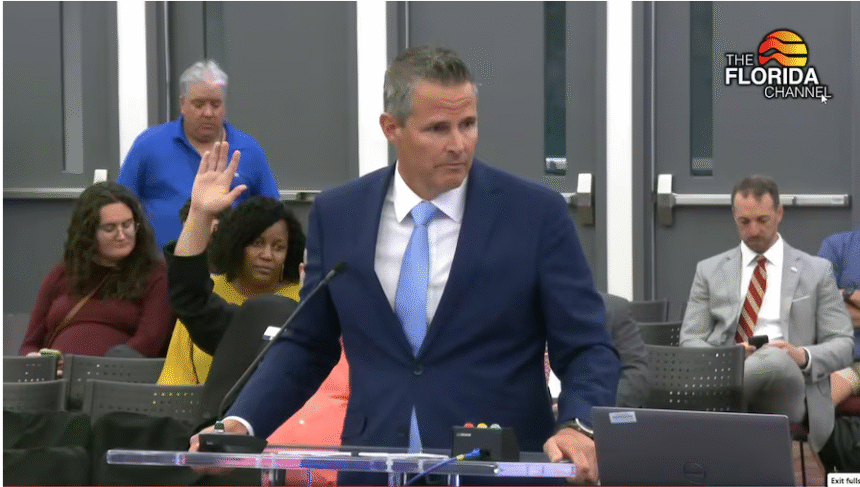In recent weeks, Hillsborough County’s school district has become a focal point in a heated debate over the censorship of books in schools. The district’s decision to remove certain titles deemed controversial has ignited a broader discussion across Florida about the authority of school boards to bypass standard review processes and implement book bans. As this battle unfolds, other districts are beginning to wonder: who’s next?
The Hillsborough Controversy
Hillsborough County, one of Florida’s largest school districts, recently made headlines after reviewing and removing several books from school shelves. The district administration cited concerns over inappropriate content and a desire to protect students from certain themes. However, critics argue that these removals threaten to restrict students’ access to diverse perspectives and important literature, raising questions about censorship and academic freedom.
The Push to Bypass Standard Reviews
What makes this situation particularly alarming for many educators, parents, and free speech advocates is the district’s effort to bypass the usual, deliberate review processes. Typically, books considered for removal undergo a review by committees that weigh the educational value, literary merit, and appropriateness for students. Instead, Hillsborough’s approach has involved expedited processes, often driven by political pressures and a climate of ideological conflict.
State-Level Influence and Policies
Florida’s state government has been actively supporting efforts to curb certain types of content in schools, framing these initiatives as protecting children from “harmful” material. Recent legislation has empowered districts to make swift decisions about book removals, often without comprehensive reviews. While these laws aim to give districts more authority, critics argue they undermine established review procedures and threaten academic freedom.
The Ripple Effect: Who’s Next?
As Hillsborough’s actions make headlines, many other Florida districts are watching closely. Some are quietly considering similar measures, while others are grappling with internal debates about balancing community values, parental input, and educational integrity. The question on many minds: is this the beginning of a wider trend toward censorship, or a temporary local response?
Implications for Education and Free Speech
The ongoing controversy raises significant concerns about the future of education in Florida. Books are powerful tools for learning, empathy, and understanding different worldviews. Removing them not only limits students’ access to diverse perspectives but also sets a precedent for further restrictions on academic inquiry.
What’s Next?
As the debate continues, community members, educators, and policymakers need to stay informed and vocal. Protecting the integrity of school curricula and ensuring that students have access to a full spectrum of ideas is critical for fostering an inclusive, democratic society. The fight over books in Hillsborough and beyond is more than just about literature—it’s about the foundation of free expression and critical thinking in our schools.


Leave a Reply